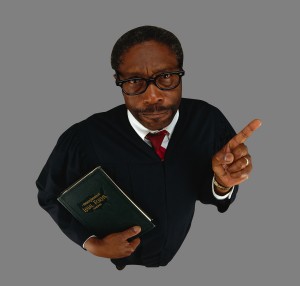 [Note: this post tackles a complex corner of medicine. I left out bold and italics skimming tools since I couldn’t figure out a way to summarize it more than it is. Cheers.]
[Note: this post tackles a complex corner of medicine. I left out bold and italics skimming tools since I couldn’t figure out a way to summarize it more than it is. Cheers.]
Some say ‘medicine has lost its way’ and become a technical discipline focused on fixing broken physiology. The doctor-patient relationship requires human compassion and care in so far as they further a physician’s ability to perform real clinical work: diagnosis and treatment.
Intentionality fills nearly every aspect of the doctor-patient relationship. Intentionality, the collection of abilities by which our minds form concepts about other things, includes our capacity to comprehend, understand, believe, hope, and perceive. These operate toward something else: patients understand treatment; physicians believe what their patient tells them. Understanding and believing are always directed toward something; they never stand by themselves. We understand something; we believe something.
Intentionality forms a core element of the doctor-patient relationship which itself is the heart of clinical care. Intentionality cannot be reduced to physiology or material explanation. It belongs to a different category than matter and energy. Still, intentionality plays a critical and ubiquitous role in medical care.
Medical science impresses with technological success won by reducing everything to physiology (matter and energy). Over the last 100 years, the powerful tools of reductionism and materialism have come to enjoy an elevated cognitive status. Things that exist materially and can be explained with a reductionist heuristic exist more certainly than those that cannot.
With the growth of medical science and material explanation, physicians have become experts at diagnosing and fixing disordered physiology. Expertise and success foster increased trust in the reductionist, mechanistic heuristic such that it becomes more than a tool. It becomes an all encompassing philosophy of medicine; a meta-narrative of clinical care. Physicians are most certain when managing physiology. In fact, we now define quality by technical expertise and outcomes, and negligence by technical failure. Lack of skill on the human elements of clinical care gets viewed as negligent only in so far as it negatively impacts physiologic outcomes: the important work of medicine.
Medicine (quite possibly society as a whole) has allowed one way of knowing and explaining, one epistemology, to attain a status far above all other ways of knowing. Law, business, psychology, art – all of the humanities – hold maximum sway only in proportion to their ability to explain themselves materialistically.
Medicine needs to build its own heuristic – its own philosophy of clinical care – that encompasses all the data self evident in the doctor patient relationship. Medicine cannot let basic science define what is most true or most important about the doctor patient relationship. Medicine cannot allow only data that fits into materialist explanations to hold an elevated cognitive status without patients feeling a loss of the human elements of clinical care.
We need to retain materialist explanation as a tool in clinical care, but build our own philosophy based on the core of medicine: the doctor-patient relationship. Highlighting intentionality will take us on a first step toward a fuller philosophy of care.



